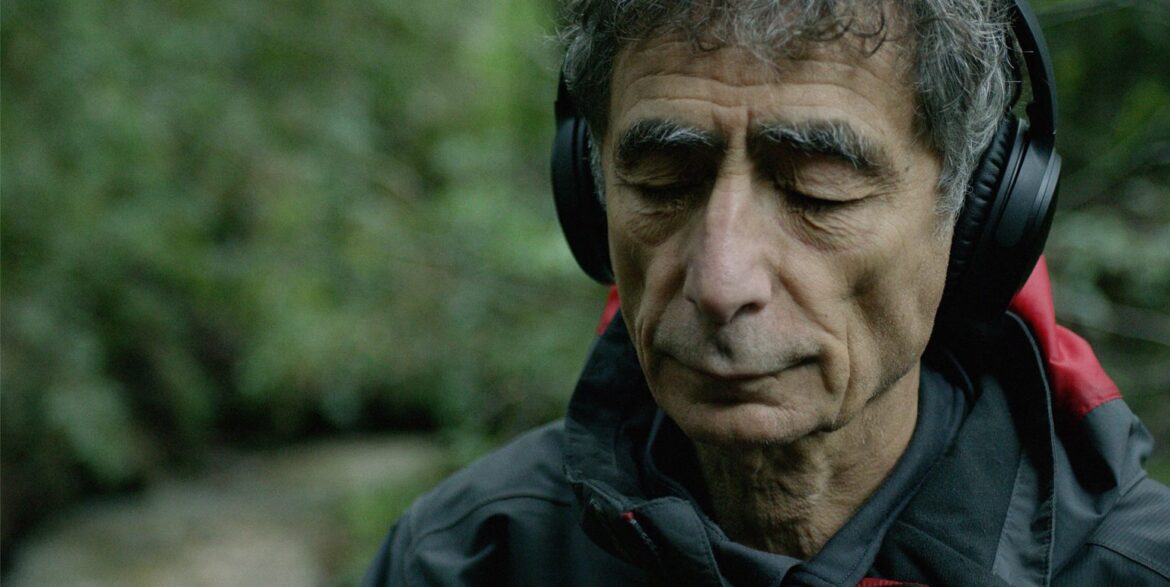We are pleased to share that we have secured a new venue for our screening of The Wisdom of Trauma. That new venue is: The Elbow Room, 32 North Brunswick Street, Dublin 7. The new screening will take place on Saturday December 4th at 6.30 p.m.
Dr. Maté has long been admired for his revolutionary work on addiction, trauma and the healing of mental anguish. ‘The Wisdom of Trauma’ is a powerful examination of what lies at the core of our collective trauma. Dr. Maté states that “our job as humans is to learn from our suffering.” He has witnessed firsthand the enormous potential human beings have for transcending suffering and gaining the wisdom held within it.
The directors say: “When we started this film, we thought that we were among the lucky ones who had had a happy childhood. We thought that trauma was caused by bad things happening to people; REALLY bad things: war, murder, violence, sexual exploitation… But trauma, as we learned from Dr. Gabor Maté, happens to everybody. Individually and collectively we carry a backlog of pain that has never been heard because we miss narratives to help us share, witness and hold space for each other’s deepest wounds. We hold the vision of a society that can acknowledge the truth about shame and the pain of unmet needs that live quietly but widely among us. Trauma cannot always be conquered, fixed, or resolved, but it can be heard, held and loved.”
Most trauma gets formed in the early years, when we are young, vulnerable and unversed in the ways of the world. Stored trauma, like an underground volcano, can derail daily life. It makes us disconnect from those who trigger small hurts in us and ignore our gut feelings. It limits the amount of empathy, insight, compassion and responsiveness we can give to ourselves and others. Unlock your trauma and you are unlocking the ability to connect deeply with self and other, feel and follow your intuition, and experience deeper levels of all the good stuff in life.
Join us for a screening of this remarkable documentary in The Elbow Room, 32 North Brunswick Street, Dublin 7, on Saturday December 4th at 6.30 p.m.

